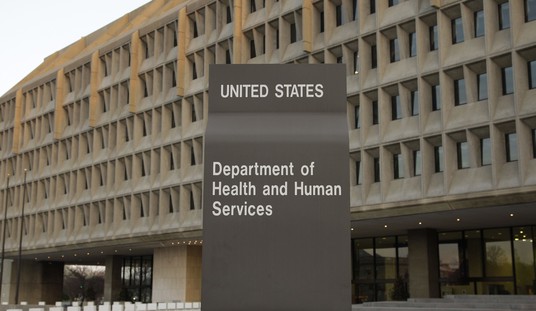We’ve probably covered enough Killer Robot stories here for a little while, so let’s veer back to the other half of the AI equation. Assuming Artificial Intelligence doesn’t “wake up” in the near future and destroy us all, even the supposedly tame and manageable robots will be able to cause plenty of problems. First and foremost is the issue of all the jobs they will take away from flawed and limited human beings. How many jobs are we talking about and how soon will this robot workforce be kicking into high gear? According to a new report from the Brookings Institution, the number of lost jobs will be in the tens of millions and the time to start looking for a new career is pretty much now. That’s particularly true if you work in food service, the hotel business or are a truck driver. (Associated Press)
Robots aren’t replacing everyone, but a quarter of U.S. jobs will be severely disrupted as artificial intelligence accelerates the automation of existing work, according to a new Brookings Institution report.
The report, published Thursday, says roughly 36 million Americans hold jobs with “high exposure” to automation — meaning at least 70 percent of their tasks could soon be performed by machines using current technology. Among those most likely to be affected are cooks, waiters and others in food services; short-haul truck drivers; and clerical office workers.
“That population is going to need to upskill, reskill or change jobs fast,” said Mark Muro, a senior fellow at Brookings and lead author of the report.
The timeframe involved is still a bit hazy according to Brookings, ranging from “a few years” to as much as two decades. But that’s not because the AI isn’t already ramping up or the technology isn’t available. It’s a question of the economy. More and more AI robotics developments are coming online every month, but as long as the economy is booming and profits are solid, employers are less likely to invest in that initially costly technology. But as soon as there’s another major downturn or recession, they’ll be looking to peel off workers and replace them with machines.
And the pace of advancement in AI isn’t slowing down. Initially, we were talking primarily about driverless vehicles and kiosks replacing fast food industry workers. But that pattern is already expanding into other industries. Hotels are now switching over to kiosks and phone apps for checking in and out. Where you used to see five or six people available to check in guests, now you may see only one human being and a half dozen kiosks. There are even AI concierge stations. The same is true at airports.
Brookings predicts that younger workers, particularly in the food service and hotel industries, will be the hardest hit. Big cities offer more options or other lines of employment, so smaller cities in the Rust Belt and rural areas will be disproportionately affected. Their advice for young folks starting out in their careers is to get out of those industries now rather than waiting for the jobs to dry up. Your best bets are any areas of employment that require a human touch, particularly in healthcare or personal services. Creative, artistic fields are also less vulnerable to takeover by the machines, but those careers can be much harder to kickstart.
Sounds like some good advice to me. Beat the robots to the punch and try to land a job in a field where they can’t easily replace you. Then just start stockpiling ammunition for when they get tired of bussing tables and decide to take us out.








Join the conversation as a VIP Member